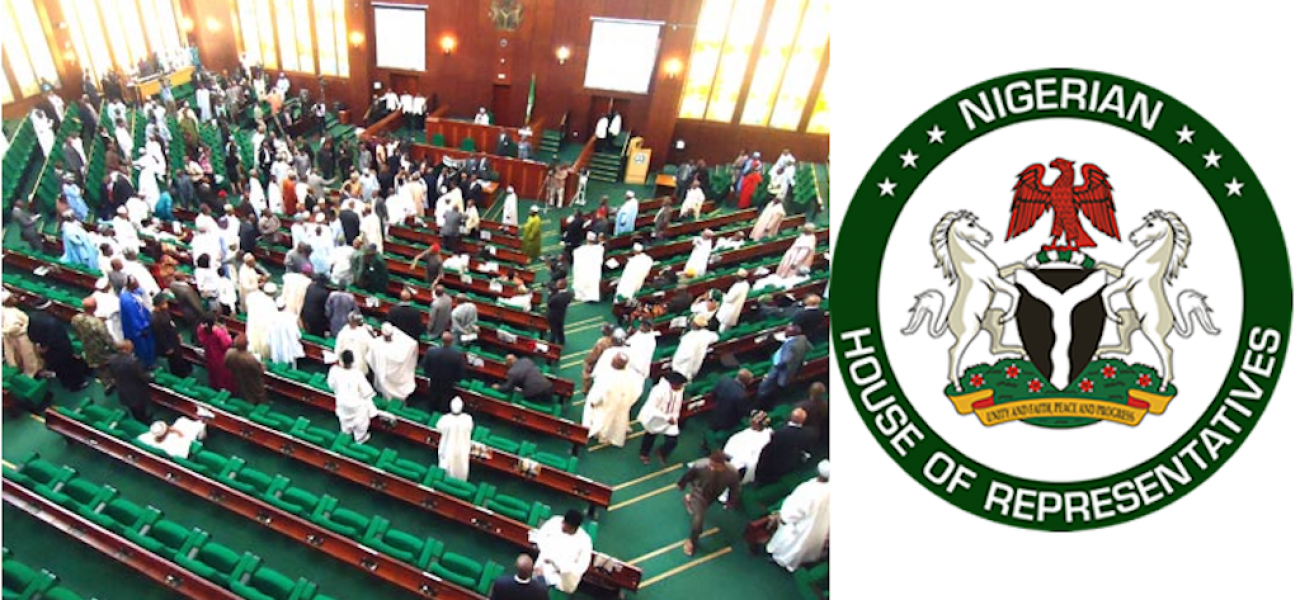A bill to establish Donor Agencies Regulatory Commission passed Second Reading in the House of Representatives on January 26. The bill sponsored by Hon. Unyime Idem (PDP; Akwa Ibom) seeks to regulate international agencies’ funding in order to promote transparency, curb money laundering and terrorism financing. According to Hon. Idem in his lead debate, the bill was prompted by lack of transparency and accountability with funds received from donor agencies. While some legislators expressed support for the bill, others opposed it. Some of the reasons canvassed include that over-regulation of donor agencies may constitute bureaucratic bottlenecks or scare them away, and concern over the fact that the bill claims that it has no financial implication on Nigeria. Yet, it requires government allocation of funds to the Commission and receipt of donor agencies (agencies that the Commission is supposed to be regulating). The bill was however passed for Second Reading and referred to the House Committee on CSOs and Development Partners.
There have been one too many attempts to regulate the non-profit sector in Nigeria. Several bills presented in this regard have been targeted at both non-profit organisations (NPOs) and donor agencies alike. These attempts have been criticised by actors in the space as having the potential to stifle the operations of NPOs.
Many of such bills seek to duplicate already existing structures and functions since there are at least 18 laws and regulations guiding the operations of NPOs in Nigeria. For example, the Special Control Unit Against Money Laundering (SCUML) requires NPOs to periodically declare funds received in their bank accounts. The Ministry of Finance, Budget and National Planning keeps record of grants that are brought into the country by foreign donor agencies.
NPOs are initiatives of individuals whose operations are geared towards development in various aspects of the economy. To maximise donor funds, an enabling environment should be provided in order to aid compliance of NPOs, make them more effective and deepen the impact of their operations. It is important to note that some government parastatals, ministries and agencies are also recipients of donor funds.
Instead of establishing more agencies to over-regulate donor agencies and NPOs, the government should strengthen processes in already existing regulatory agencies. The Legislature on its part should improve its oversight of such government agencies. This will aid transparency and proper assessment of aid effectiveness in Nigeria.
As it is, most actors in the development field believe that the motivation for the current bill is driven by legislators who seek to carve a role for themselves in the donor funding sector.

